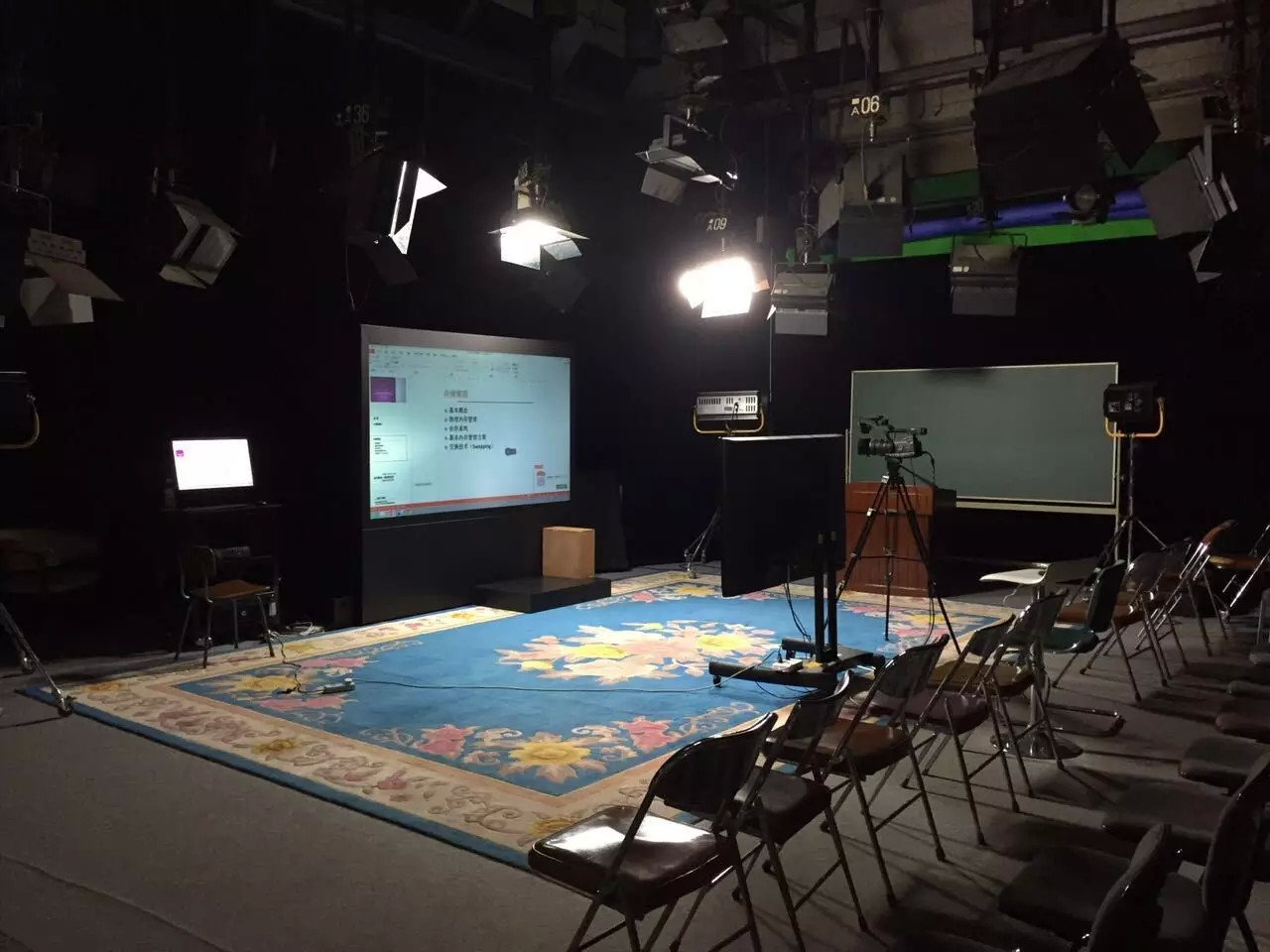Peking University, June 6, 2015: In autumn of 2011, an education reformation dubbed “the greatest innovation after the invention of printing” swept the world. A massive open online course (MOOC), aiming at unlimited participation and open access via the web, emerged as a popular mode of learning.
On March 14, 2013, Peking University carried out an agreement on the construction of online open courses, marking its first step towards MOOC, and was soon admitted as member of MOOC Community (including edX and Coursera).
On September, 23, 2013, PKU launched its first four online courses (20th Century Western Music, Electronics Circuit, Folklore and Global Cultural Geography) on edX, appealing 13,649 registrations. PKU has hitherto opened 44 online courses, and more than 600,000 people from over 150 countries have taken part in.
Greatness of Concept, Enhancement of Penetration
Li Xiaoming (team leader of PKU MOOC) introduces MOOC
The new mode of curricula and resource sharing education ideal account for MOOC's great appeal for teachers and students. Xu Kailai, a student from School of Mathematical Sciences, started to study on MOOC since 2013. Covering a wide range of academic fields, MOOC helps him obtain a deep understanding of humanities. Wu Weijie, a teacher from School of Foreign Languages, opened his MOOC course—Southeast Asian Culture this semester. He appreciates the goal setting of MOOC: once he deliberately gave wrong answers to the questions he had designed, the software allowed him to try more times. “MOOC intends to encourage you to find the correct answer rather than simply giving you a score,” he said.
Wang Shengqing, member of PKU MOOC work group, said that some of the MOOC courses are influential. Introduction of Chinese, for example, has been registered by over 200,000 people around the world. Professor Xu Jingning from School of Chinese as a Second Language makes a conclusion of her MOOC course “Intermediate Chinese Grammar.” She points out the main reasons why the students choose the course:

Although MOOC provides multiple open courses, it faces a salient problem: few students can hold the line and get the certificate eventually. Among 3048 students who registered Professor Xu Jingning’s MOOC course during September to December, 2014, only 99 of them got a course-completion certificate. Coursera also gets an embarrassing course-completion rate of less than 10%. Xu Kailai reckons the limited depth of the online course as the main reason for dropping courses; language barrier is also a big problem that hinders MOOC’s development.
Impact upon traditional instructional strategy
With the prevalence of MOOC, traditional learning and teaching mode has been greatly impacted. Wang Shengqing said that in the past two years, she has participated in severalconferences on MOOC domestic and abroad and realized that technology changes the world. “MOOC is a reflection of it in the realm of education; it is the trend of society,” she said.
Meanwhile, this new mode of learning brings advantages to both teachers and students. On the open online platform, students are able to schedule their courses flexibly, and get more learning materials. Many university professors encounter the problem that a large-scale class teaching brings heavy workload to instructors while the small-scale hardly fulfills the demand of all students. Now, MOOC can solve this problem. Ling Bin, professor of PKU Law School adopts the way of “flipped classroom” (a type of blended learning that reverses the traditional educational arrangement by delivering instructional content, often online, outside of the classroom and moves activities, including those that may have traditionally been considered homework, into the classroom) to combine MOOC with traditional instructional mode. Thus, students have more initiative in study and the interaction among teachers and students is strengthened as well.
As for the increasing competition of instructional mode brought about by MOOC, Ling Bin reckons it as a motivation of instructional improvement: unlike traditional instructions, students can freely select and “fire” courses on MOOC, thus unattractive lectures would be gradually eliminated. “MOOC gives more freedom to students, and students also take more responsibility to enhance self- management and self-education,” said Ling Bin. He thinks that MOOC can better cultivate the ability of self-study of students.
Technical weaknesses await resolution

PKU MOOC studio at Dianjiao Building
Despite of its popularity and success, PKU MOOC is still facing technical weaknesses in terms of shooting technique and post production. Wang Shengqing frankly said that PKU MOOC is developed by PKU independently without the support of professional technical teams. Therefore, compared to some online courses of other schools, the shooting effect is relatively rough. However, in her point of view, this is not a big problem because what matters most is the content rather than technique.
Quite the reverse, Ling bin thinks that the current biggest problem of PKU MOOC is the lack of professional technical team. But he supposes that with the increase of market value of MOOC, more and more companies and scientific research institutions will join in MOOC market. This is an inexorable trend in its future development.
Written by: Wang Yue & You Ya
Edited by: Li Ruiqi
Source: PKU Youth
